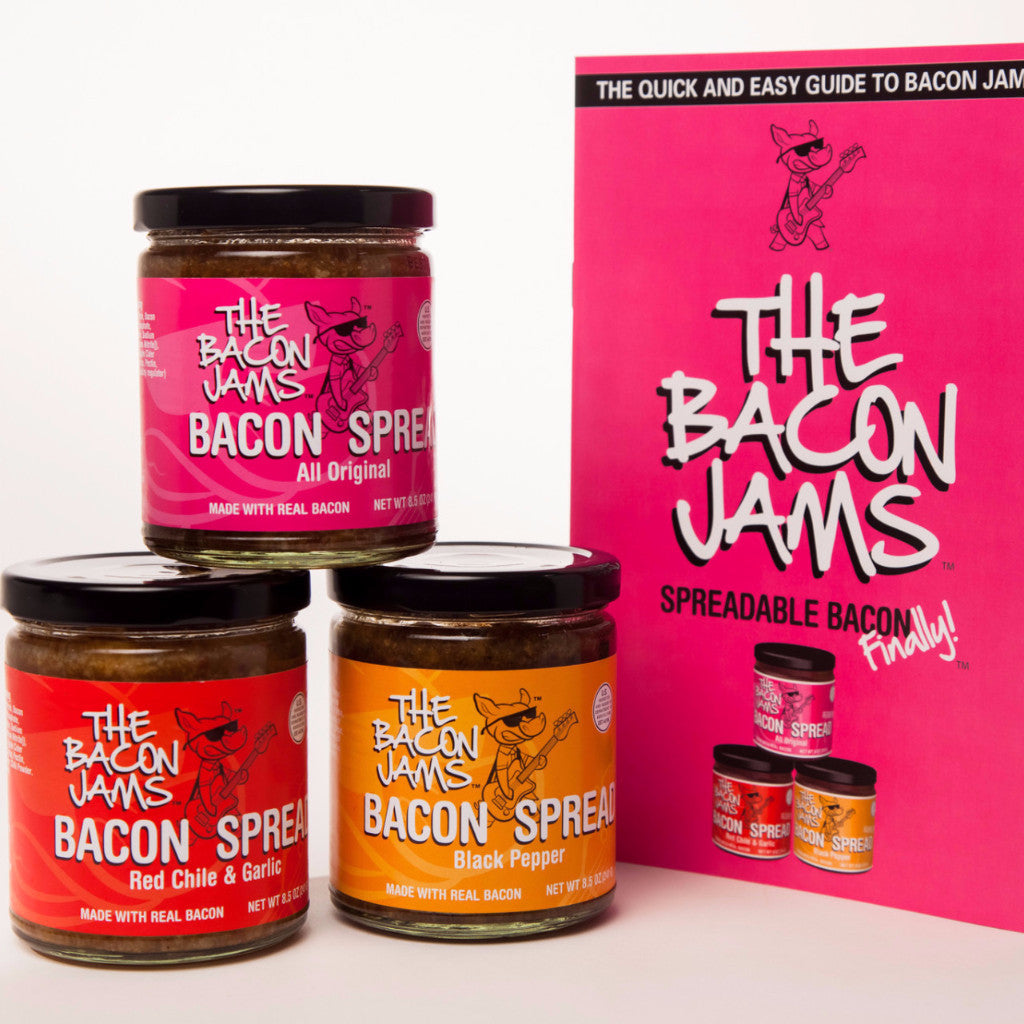Update - Aug 2. JM Exotic Foods, Inc. is recalling ground turmeric because samples from our supplier were found to contain elevated levels of lead.
Gel Spice, an "importer and manufacturer of spices, seeds, bakery ingredients and specialty items, is recalling turmeric after the State of NY found elevated lead levels. Evidently, lead contamination has been an issue in turmeric. There was an issue with turmeric and lead in 2013 as well.
While the U.S. Food and Drug Administration (FDA) has not set a specific limit on lead in spices, there is a limit of 0.1 PPM in candy. The Environmental Protections Agency (EPA) has stated that lead levels of 0.015 PPM in drinking water require treatment.
How does the lead get there? In a Harvard report in 2014 (?), they stated this about one of the main sources for turmeric - Bangladesh ( Pakistan spice was involved in 2013 recall): "The production of turmeric involves many different methods and they explained that it’s possible that the lead contamination could be originating during the manufacturing and distribution of the common spice. There has also been much speculation about the possibility that distributors could be intentionally adding lead to increase the weight of the spice, but the team stressed the point that further study is needed to fully understand the issue."
So when evaluating ingredients for hazards, consider lead as a chemical hazard in turmeric.
FDA Recall Notice
http://www.fda.gov/Safety/Recalls/ucm513844.htm
Gel Spice, Inc. Issues Alert on Elevated Lead Levels in One Lot of Fresh Finds Ground Turmeric Powder
For Immediate Release
July 28, 2016
FDA Recall Notice
http://www.fda.gov/Safety/Recalls/ucm513844.htm
Gel Spice, Inc. Issues Alert on Elevated Lead Levels in One Lot of Fresh Finds Ground Turmeric Powder
For Immediate Release
July 28, 2016


